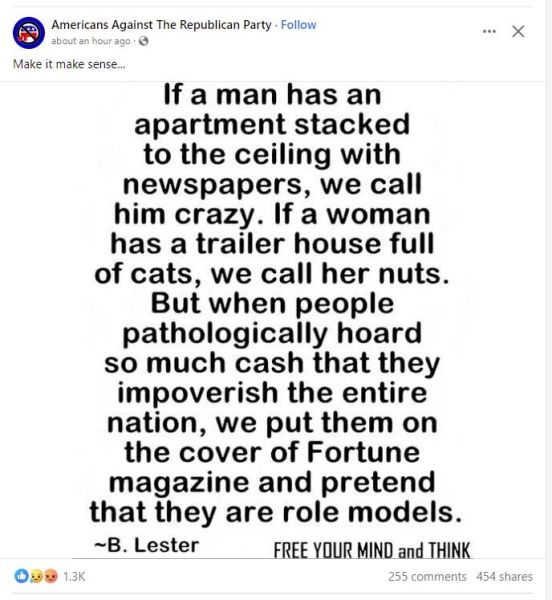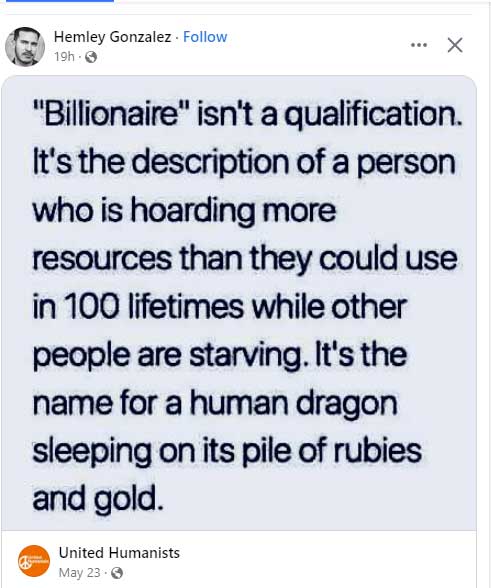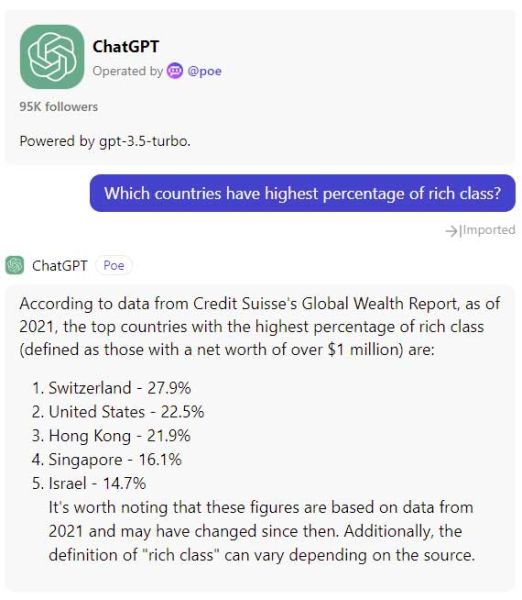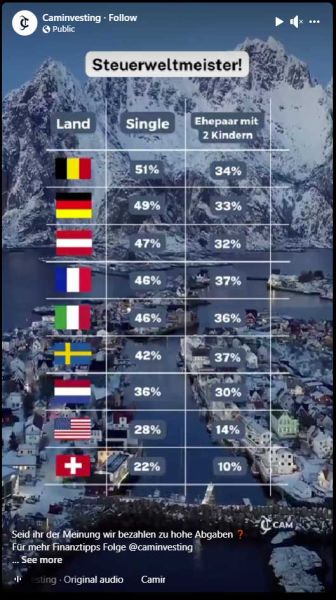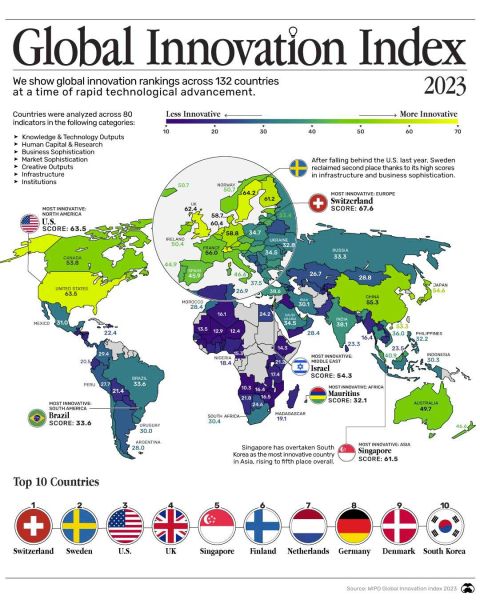Money at Work
First of all, smart, wealthy people do not hoard money. They put it to work by investing it. In fact, new business-owners commonly run into a problem when they neglect cash-flow. As soon as they make some money, they want to plow it back into the business; but when they need the money to cover a short-fall, they cannot access it.
This happens because of the ethos of running a business. The owner wants to expand its scope, open a new location, hire on new staff-people, and update their equipment. My father owned his own business, and when I asked him why he didn't keep more cash around, he opened a book titled The Lessons of History, by Will and Ariel Durant, and read a passage from it:
From the Medici of Florence and the Fuggers of Augsburg, to the Rothschilds of Paris and London
and the Morgans of New York, banks have sat in the councils of governments, financing wars and
popes, and occasionally sparking a revolution. Perhaps it is one secret of their power that, having
studied the fluctuations of prices, they know that history is inflationary, and that money is the last thing
a wise man will hoard.
But Durant does Fugger a wrong to suggest that he and the other bankers dabbled only in political machinations. They made their real money by trading extensively in textiles. They also expanded commerce and trade within Europe and in Asia. Fugger did not approach the kings and popes for favors. The kings and popes came to him. He loaned them money because they had already spent theirs, as politicians tend to do.
Durant also does Fugger and the other bankers a wrong in suggesting that bankers enjoyed starting wars. The historian Golo Mann, the son of the German writer Thomas Mann, correctly states that "Commerce connects. Politics divides." The combatants in World War I, Mann asserts, had traded with each other extensively before the War. Each of the combatant-nations needed things that only other nations could provide.
War interrupted all of those commercial relationships, which hurt the economies of the combatting nations and hindered friendly relations for years afterward. When I lived in England, I realized how much the trade of consumer goods amongst the European nations impacted domestic consumption. Life in England without foreign consumer goods would be dreary as hell.
In a free society, many people become rich. The freer the society, the more rich people live there. Find below the charts that I downloaded from Facebook, and note the correlation: Switzerland and the U.S. have more rich people and pay lower taxes than most other developed nations. They have more disposable income, so their rate of innovation is higher. The charts make an important point. If we allow people to keep more money, they can find productive things to do with it. They would never simply hoard it.
We find all sorts of warnings on consumer products. Everyone checks the "sell-by" date: "Consume this before such-and-such a date". We should do this with regard to cash-money. Point that it will lose its potency over time: "This currency will depreciate by 3% before the end of the year." That should give everyone a new insight about the limitations of money, and dispel the notion that anyone wants to hoard it.

